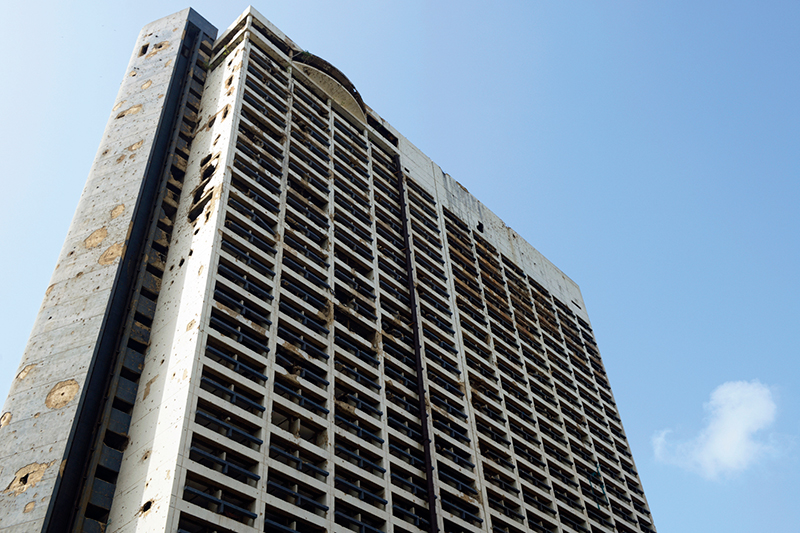
How should rent repayment sanctions be applied where a landlord runs unlicensed houses in multiple occupation? James Driscoll reports
Many families and individuals live in buildings where they share amenities such as kitchens, bathrooms and toilets. Hostels and bed and breakfast accommodation are two common examples. In other cases, private landlords let rooms where the occupiers share some of the facilities. Groups of students and others may share a house. Dwellings which are multi-occupied in this way are known as houses in multiple occupation (HMOs) (although a sharing of amenities is not always necessary for a dwelling to be treated as an HMO). Certain converted blocks of flats are also treated as HMOs.
Housing Act 2004
As a form of housing provision, HMOs suffer from some of the worst housing conditions. Facilities are often poor and below statutory standards and, in some cases, the fire escape arrangements are unsatisfactory, or unsafe. It was to give local housing authorities more effective powers to deal with HMOs that Pt 2 of the Housing Act 2004 (HA 2004) introduced a new scheme including the











